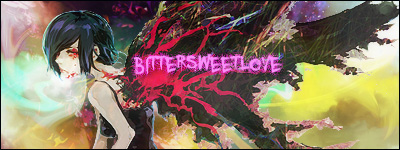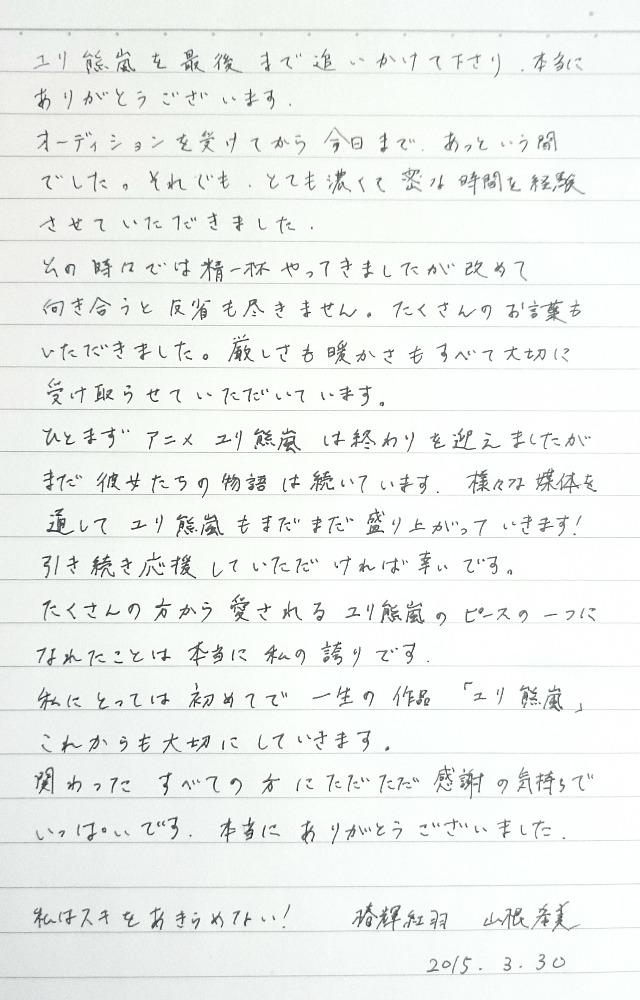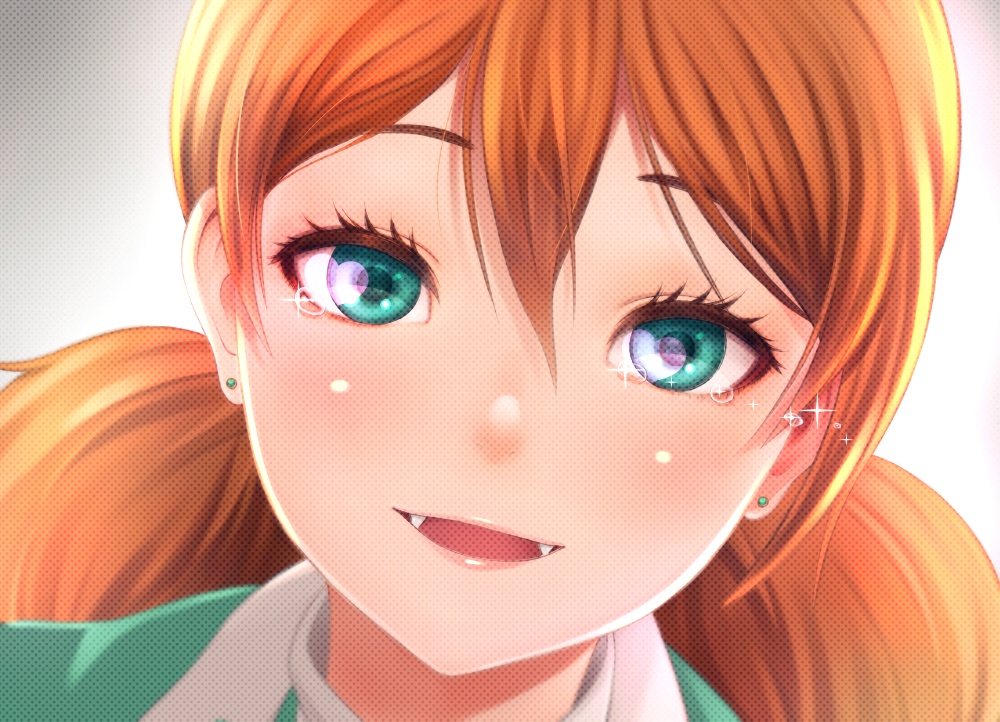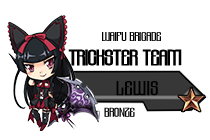Reasons I think this show is (in large part, at least) about lesbians:
1) There's "yuri" in the title (in addition to meaning "lily", it's a slang term used to refer to lesbians);
2) The show is in the yuri genre, and regardless of whether that yuri is primary, secondary, tertiary, etc. element, yuri as a genre is about girls loving girls (which is what we call lesbianism);
3) Many of its major players are bears (a slang term in the West to refer to a burly/rugged gay man);
4) There's a fair amount of food symbolism, and the most prominent foods are symbols of feminine sexuality, which heavily emphasizes the idea of food as sensual/sexual (fish=vagina, honey=love juices);
5) Other symbols (the bee in ep. 4, boxes, and the Door of Friends; the symbol on the Door of Friends is a diamond, which is yet another symbol for the vagina) also imply femininity and/or feminine sexuality;
6) Upside down pink triangles are seen repeatedly throughout the show and are prominent symbols and places (Yuriika's drawers and the school, which, when shown from above, is usually shown with the point facing downward).
I should point out that Ikuhara takes influences and inspiration from all over the place, so I don't think that the fact that some of the symbols and sexual metaphors in Yurikuma are more specifically Western should be taken to mean that they're unintentional.
There's also some other stuff about sexuality for the sake/pleasure of others vs. sexuality for the sake/pleasure of those doing the sexual act in question, tying that in with stereotypes about lesbians and the fact that the yuri genre is much more often aimed at men rather than women, even though it's about women, and using those things to make points about the dichotomy of how the majority of society views lesbianism.
I've also seen a lot of people saying, "but there aren't any men". The implication in that statement seems to be that because there aren't any men, it's not like the women are choosing other women over men, because there aren't any men to not choose. First, the fact that there aren't any men even more strongly underscores the fact that this is a show about women and women's issues (a significant subset of women's issues consists of issues facing women who love other women).
Second, if what people here and a few other places are saying about the show using perception is true (and I'm seeing a little bit of that myself, now, as well), the fact that there are only women heavily implies that the women in the show are strongly focused on other women, not men. It's sort of like how, in the Monogatari series, when Koyomi is the narrator and when he's out and about in town, you never see anyone other than him and the one or two people he might be interacting with. It's depicted that way to show you that he's strongly focused on himself and those few other people he interacts with.
Now, I'm not saying that the show is entirely about lesbianism and oppression/persecution/exclusion of lesbians (though, the three main characters are lesbians, so I think it's reasonable to assume that that's the focus). The theme of oppression/persecution/exclusion can be applied more generally (and I think that's probably intended). There are also other themes about love, jealousy, the various ways we define things both individually and as a society, and how views that lead to prejudice and persecution are carried over from generation to generation that can be applied both specifically and generally.
Some of the stuff Ikuhara's said about how he uses lesbians to represent "minority", and other things I've learned about how LGBTQ issues (and "unsavory" issues in general) are treated differently in a collectivistic society like Japan than in an indivisualistic one like the U.S., lead me to believe that one of the reasons lesbianism isn't mentioned or stated explicitly in Yurikuma is plausible deniability.
From what I've read, it seems like, in Japan, issues that are seen as unsavory (LGBTQ issues included) are dealt with in a very roundabout and indirect way, with the effect being that the person or people doing the oppressing essentially disavow knowledge of it and/or responsibility for it, making it very difficult to change things. Japanese lesbians actually don't even have a word for themselves in their native language. In addition to being reasons why lesbianism isn't explicitly stated or mentioned in Yurikuma, these bits of information also give additional meaning to the concept of invisibility in the show.
Not everything in the show is specifically all about lesbians, and many of its themes and ideas can be generalized. However, generalizing while ignoring the thing you're generalizing from is more than a little ridiculous. Yurikuma is about lesbians, even though it doesn't ever explicitly state it. You can (and probably should!) generalize much of what the show has to say regarding the issues lesbians deal with, but the characters in the show who are dealing with these issues are undeniably lesbians, and you can't ignore that while at the same time generalizing the issues they're dealing with. |



















